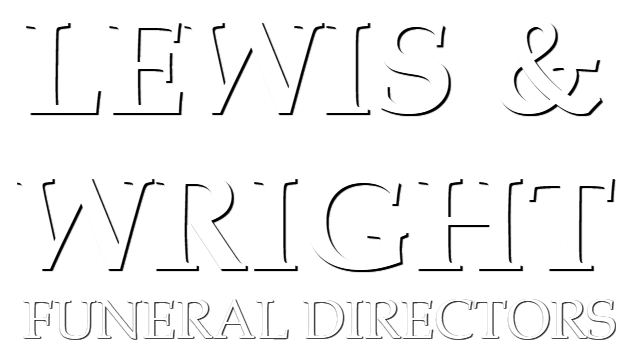Frequent Questions
Frequent Questions
Click on the questions below to reveal each respective answer.
-
What is the purpose of a funeral?
A funeral or memorial service provides an opportunity for the living to show respect for the deceased and pay tribute to their life. It provides a framework to freely and openly express our beliefs, feelings, and thoughts about the death of our loved one. It gives us permission to grieve our loss, share in solidarity, and gain strength from others who are experiencing the same loss.
-
What are the choices for funeral services?
The four main types of funeral services include the traditional funeral service, the memorial service, the committal service, and the affirmation or celebration of life service.
-
Can you still have a funeral if you choose cremation?
Yes, cremation or burial is merely the disposition of the body. Funeral services are to honor and remember your loved one, regardless of disposition.
-
Can I plan in advance if I choose cremation?
Pre-arranging funeral services can be done regardless of the final disposition. Pre-arranging is simply recording your wishes with the funeral home and prefunding if you choose to do so.
-
What information should I bring to the arrangement conference?
- Advance Directives - If the deceased left any written advance directives concerning the disposition of his remains and memorialization, you need to bring them with you. These instructions may be found in a will, or there may be a formally witnessed disposition directive, funeral pre-arrangements, or a pre-need contract.
- Military Discharge Papers
- Details on any cemetery property owned by the deceased or the family (grave plot, columbarium space, etc.)
- Recent photograph of the deceased and any personal effects that you wish to be included in the viewing or burial
- Specific information on the deceased:
- Full legal name
- Address
- Marital status
- Social Security number
- Date of birth
- Place of birth (city and state)
- Educational history (number of years of schooling)
- Armed Forces service dates and serial number
- Occupation or profession
- Parent's names, including mother's maiden name
- Next of kin and other survivors
-
What services do funeral directors provide?
The funeral director's job is to assist the bereaved in various ways to help them through the loss of a loved one. A funeral director provides bereavement and consolation services for the living, in addition to making arrangements for the cremation, burial, and memorial services for the deceased. He fulfills the role of funeral arranger, funeral director, funeral attendant, and embalmer.
The following list is not all-inclusive, but describes some of the major tasks of a funeral director:
Removal and transfer of the deceased from the place of death to the funeral home
Professional care of the deceased, including embalming, casketing, and cosmetology
Consulting with family to make arrangements for the funeral service
Filing certificates, permits, and other required forms
Obtaining copies of the death certificate
Arrangements with the cemetery, crematory, or other places of final disposition
Creates and publishes the obituary
Arrangements for clergy, music, flowers, transportation, pallbearers, and special fraternal or military services
Directs and manages the funeral service and the funeral procession
Assists the family with death-related claims, including Social Security, VA insurance, grief counseling
-
Why are funerals so expensive?
A traditional funeral involves a number of services which add to the total cost. Besides a non-declinable basic services fee, other charges may include removal/transfer of the body to the funeral home; embalming; other preparation of the body; use of facilities and staff for viewing; use of facilities and staff for the funeral ceremony; use of a hearse, service car, or van; a basic memorial printed package; metal casket, a vault or grave liner, and purchase of a cemetery plot.
-
What is embalming and what purpose does it serve?
Embalming serves to sanitize and maintain the body, slowing the natural decomposition process. Additionally, it improves the appearance of the body, particularly when it has been affected by traumatic death or illness. This preservation process provides the family with time to organize a service and offers the option of an open-casket viewing.
-
Do I need to have an embalming?
While embalming is prohibited in certain religions, it is legally mandated in some countries for the transportation of remains across borders. If it aligns with your religious beliefs, it is advisable to undergo embalming, particularly when there is a significant time lapse between death and either burial or cremation.
